A top expert on federal record-keeping policy criticized the method Hillary Clinton’s lawyers used to determine which emails to forward to the State Department for archiving.
Jason R. Baron, a lawyer at Drinker, Biddle and Reath and former director of litigation at the National Archives and Records Administration, said that Clinton’s team should have manually reviewed every email she sent on a personal email account to find which ones pertained to government business.
Instead, as Clinton revealed Tuesday, her attorneys searched the trove of emails for certain email addresses and subjects. Baron argued that raises the possibility that they missed some emails that should have been saved for the public record.
“There is an outstanding question, and it is a legitimate question, about whether she has now handed over all records pertaining to government business,” Baron says. “For example, in the case of an email that is mostly personal in nature but also contains a sentence or paragraph related to government business, then that email is a government record appropriate for preservation at the State Department, and should not continue to be withheld.”
MORE How to Email Like Hillary Clinton
On December 5, Clinton’s office submitted printed copies of 30,490 work-related emails to the State Department in response to an October records request issued to four former Secretaries of State. The correspondence, which amounted to some 55,000 printed pages, represented less than half of the 62,320 emails sent and received from Clinton’s private email account during her tenure in Foggy Bottom from March 2009 to February 2013. Clinton said during a press conference at the United Nations Wednesday afternoon that the remainder of the emails were personal in nature and thus did not have to be turned over.
As part of a nine-page statement released after the former Secretary’s press conference at the United Nations Wednesday afternoon, Clinton’s office detailed the “multi-step” process her counsel used to determine which emails it was required to submit to State. “Secretary Clinton directed her attorneys to assist by identifying and preserving all emails that could potentially be federal records,” her office said.
First, the lawyers searched all emails with a “.gov” email address in any address field, which yielded 27,500 emails—more than 90% of the total correspondence ultimately provided to State.
Next they searched for the first and last names of more than 100 State Department and other U.S. government officials. “This included all Deputy Secretaries, Under Secretaries, Assistant Secretaries, Ambassadors-at-Large, Special Representatives and Envoys, members of the Secretary’s Foreign Policy Advisory Board, and other senior officials to the Secretary, including close aides and staff,” Clinton’s office says. Then they sorted and checked for “misspellings or other idiosyncrasies” to locate documents the search might have missed.
Finally, they performed a search for specific keywords, including “Benghazi” and “Libya.” It is not clear how many such terms were used as filters.
MORE How Hillary Clinton Fared the First Time She Was in the Hot Seat
Clinton’s office said the method was exhaustive. “These additional three steps yielded just over another 2,900 emails, including emails from former Administration officials and long-time friends that may not be deemed by the Department to be federal records,” it said in the statement. “And hundreds of these emails actually had already been forwarded onto the state.gov system and captured in real- time.”
But Baron argues that using keywords as a shortcut raises the possibility that some work-related emails slipped through the cracks. “I would question why lawyers for Secretary Clinton would use keyword searching, a method known to be fraught with limitations, to determine which of the emails with a non-.gov address pertained to government business,” he says. “Any and all State Department activities, not just communications involving the keywords ‘Benghazi’ or ‘Libya’, would potentially make an email a federal record.”
“If the lawyers had more than a few days to conduct a search, given the high stakes involved and the fact that only on the order of 30,000 emails with non .gov addresses remained to be reviewed after clearly .gov federal records were separated out, I would have imagined staff could have simply conducted a manual review of every document,” Baron adds. “Using keywords as a shortcut unfortunately leaves the process open to being second-guessed.”
Read next: Transcript: Everything Hillary Clinton Said on the Email Controversy
See Hillary Clinton's Evolution in 20 Photos


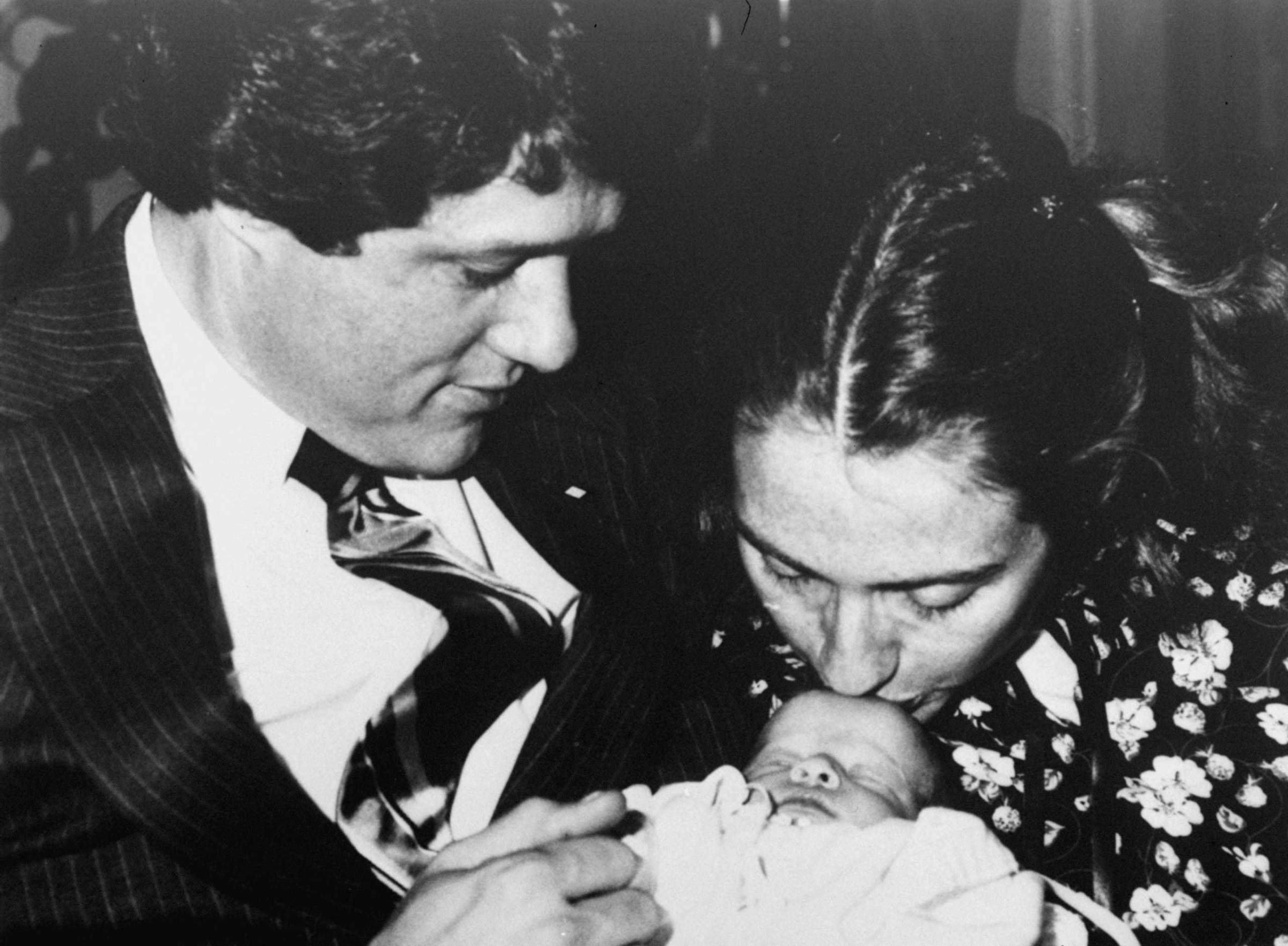


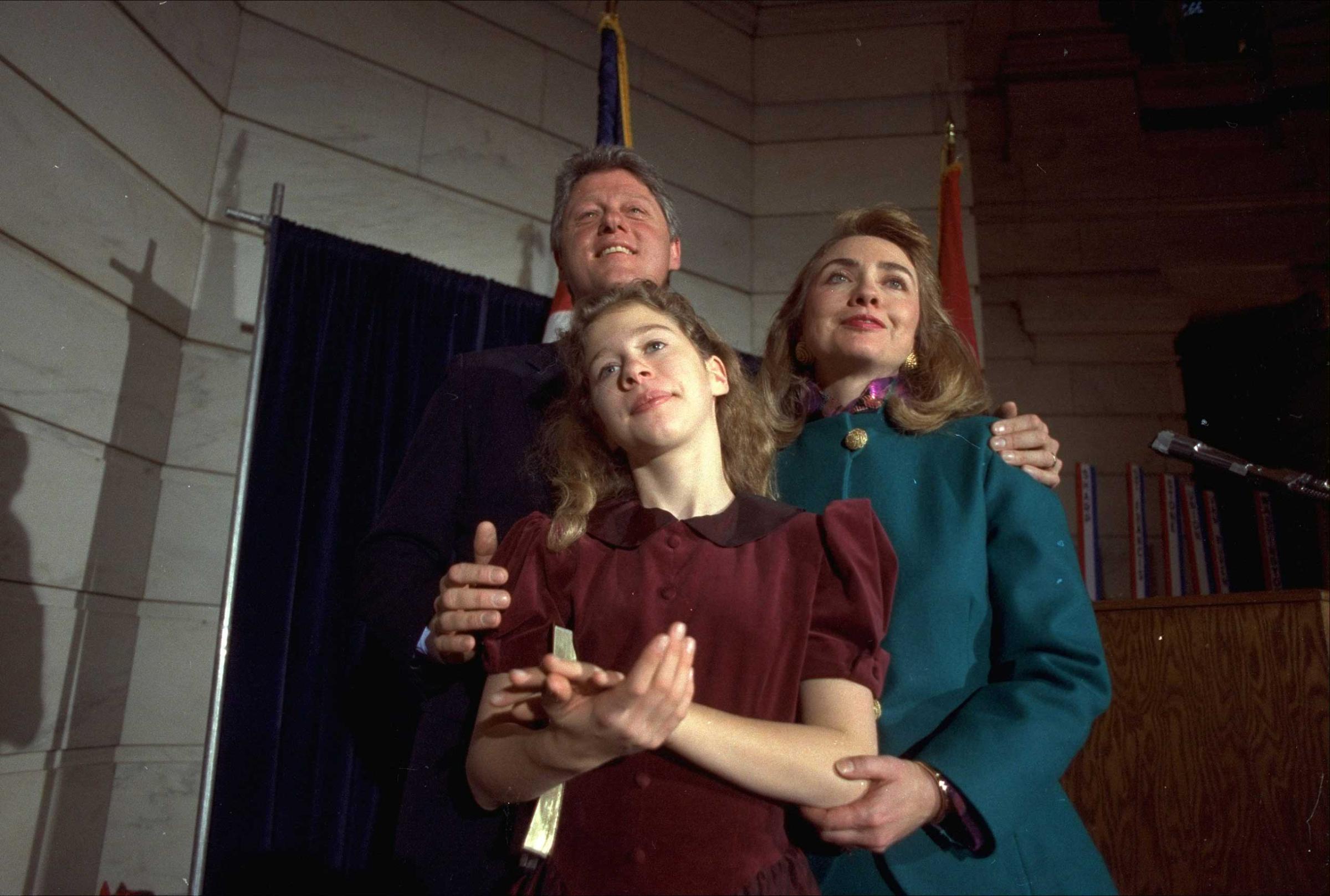


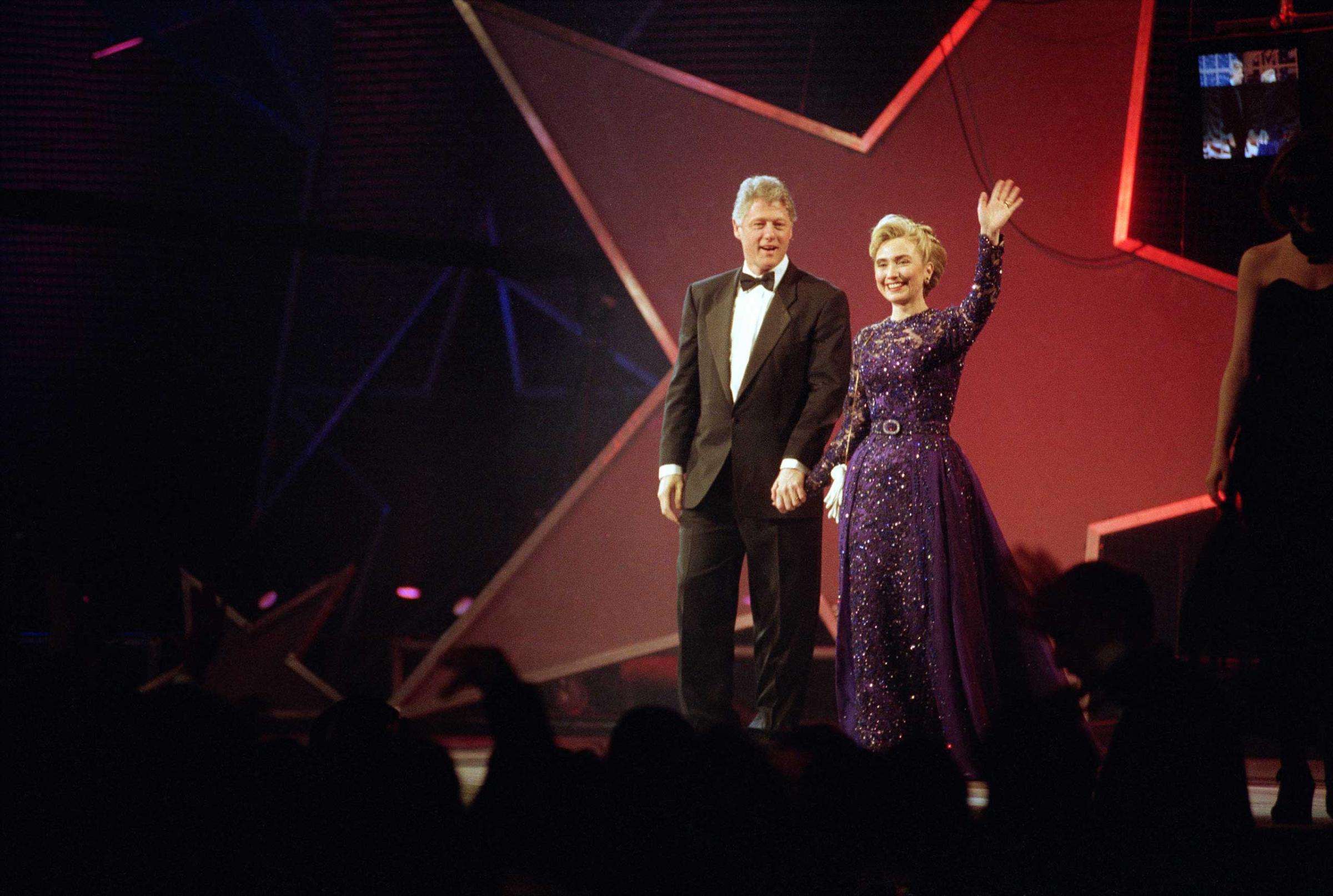
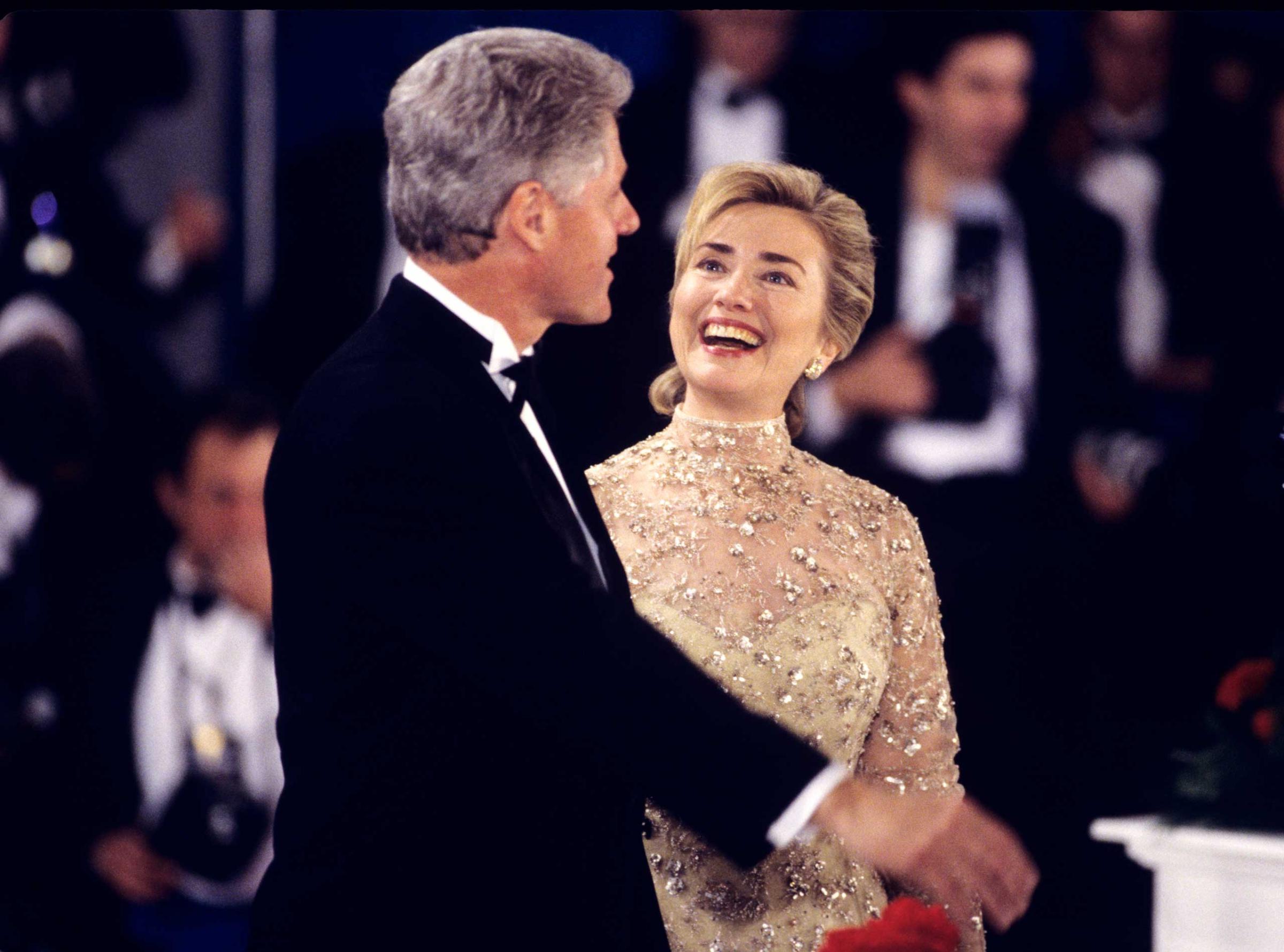

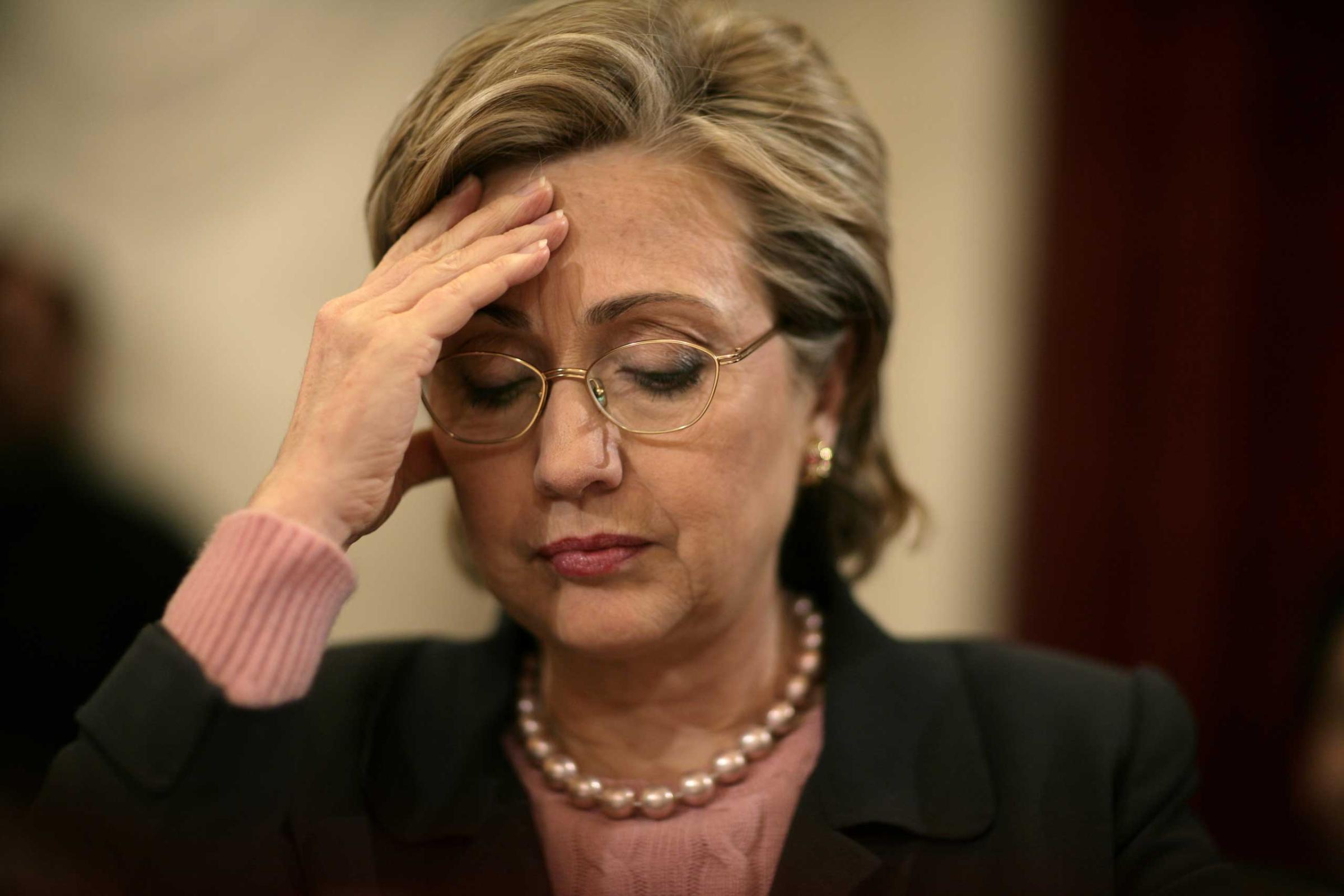
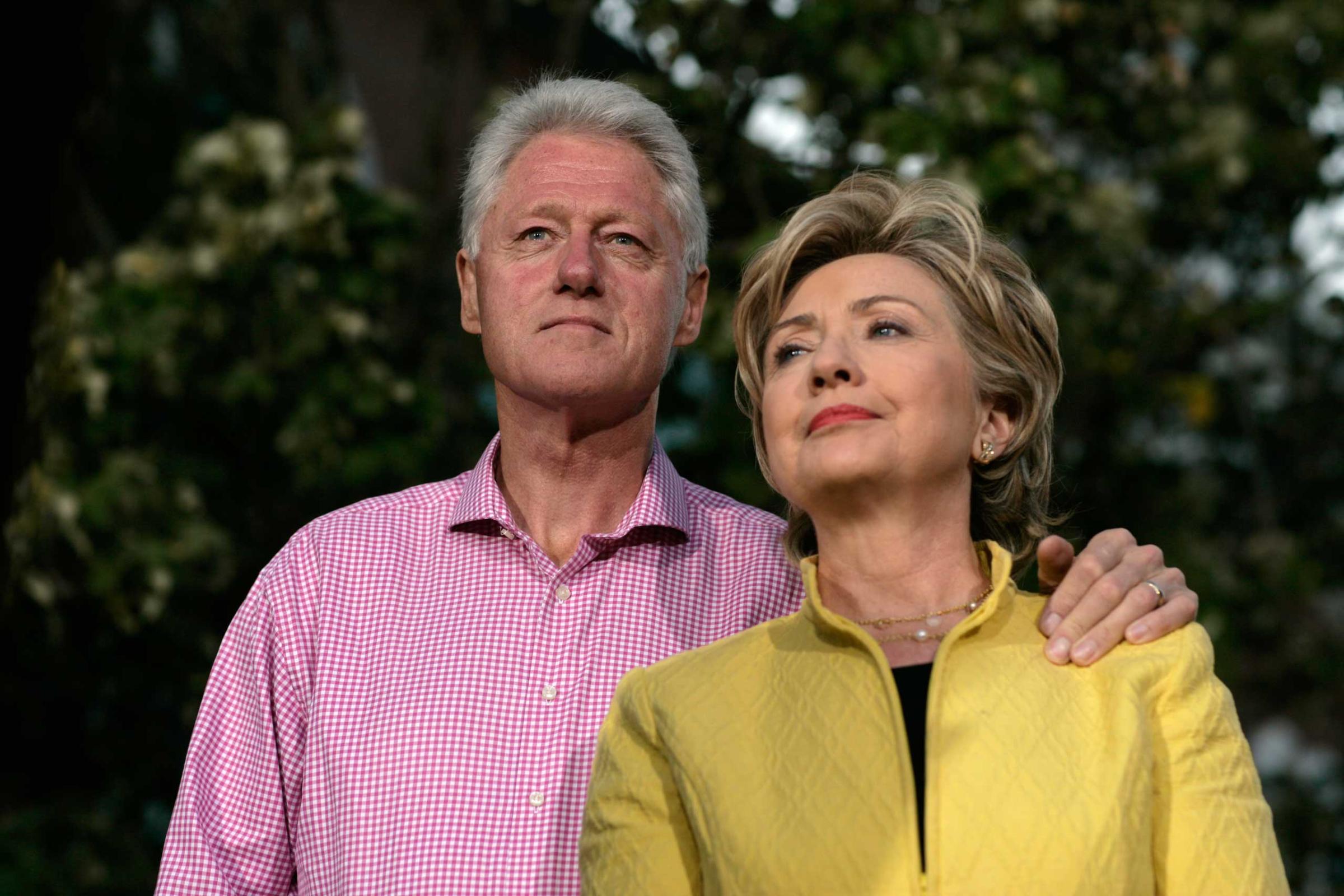


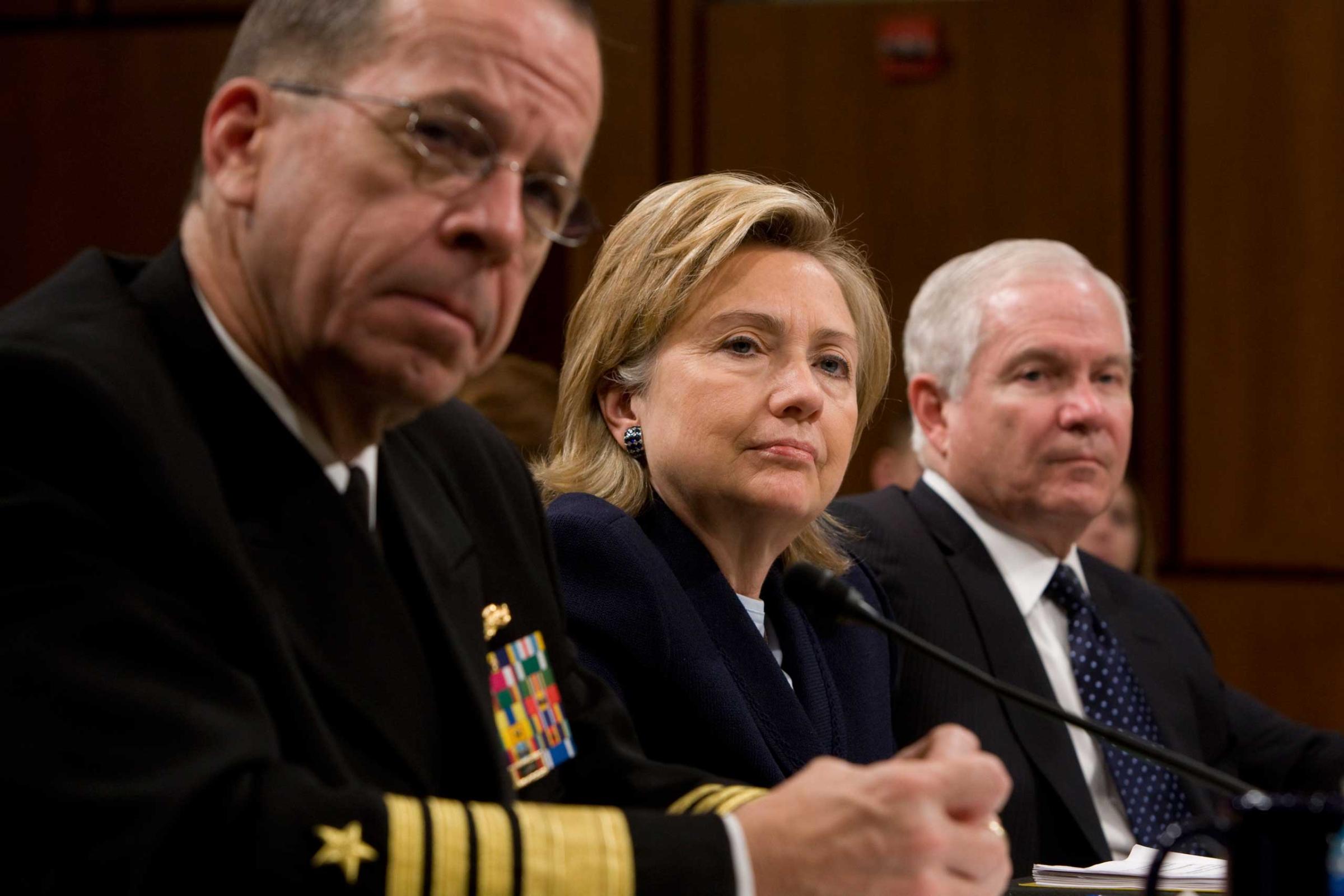
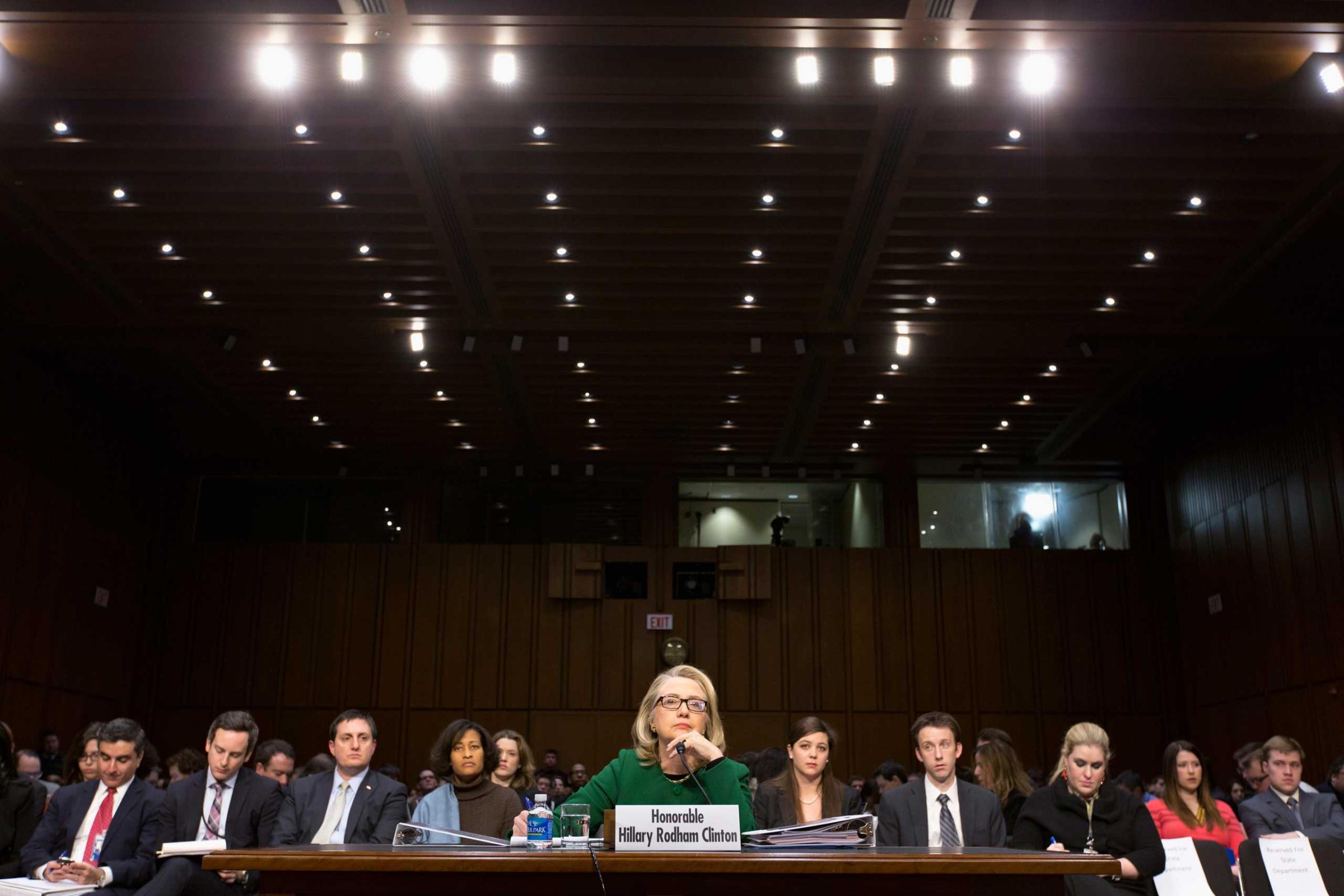
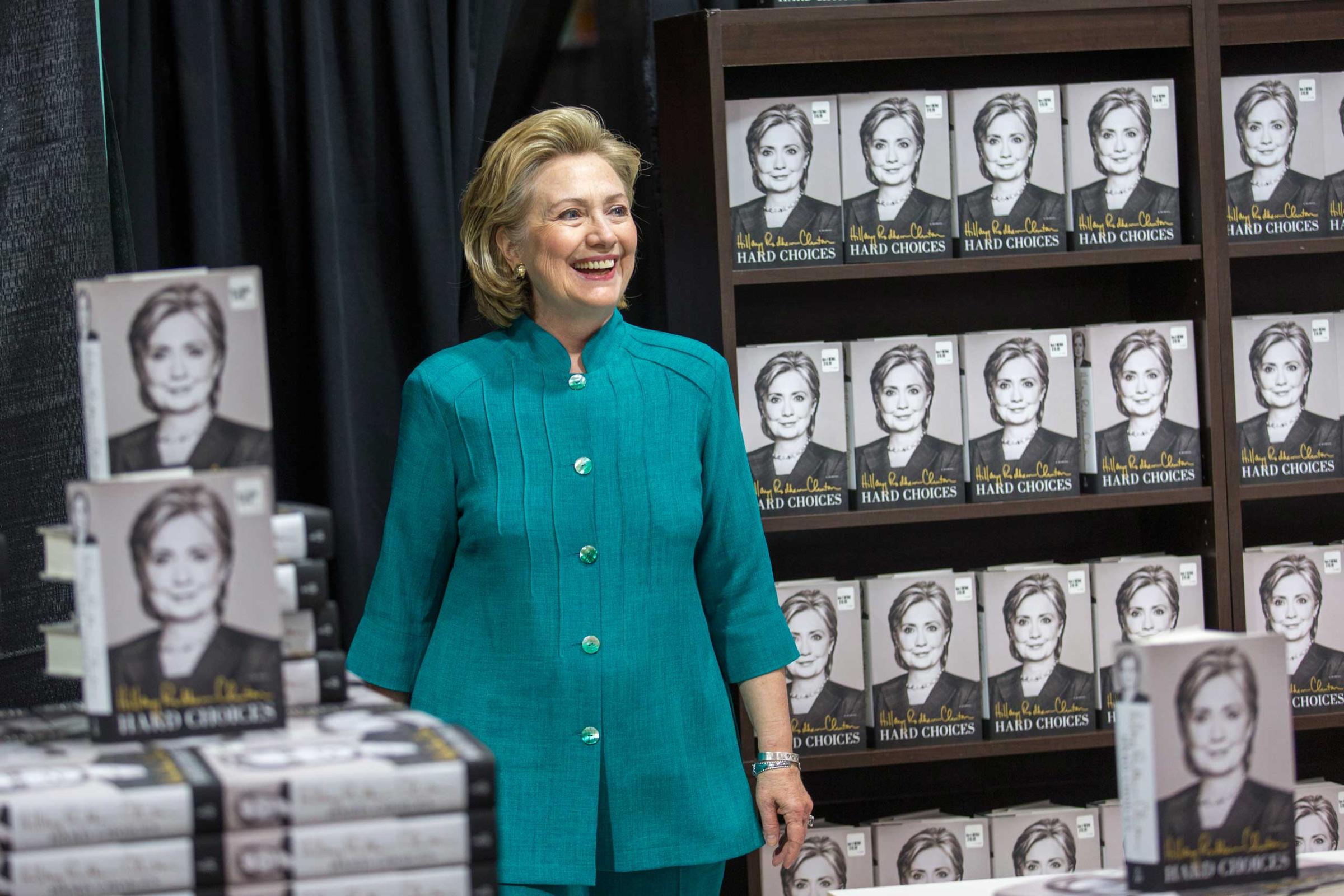
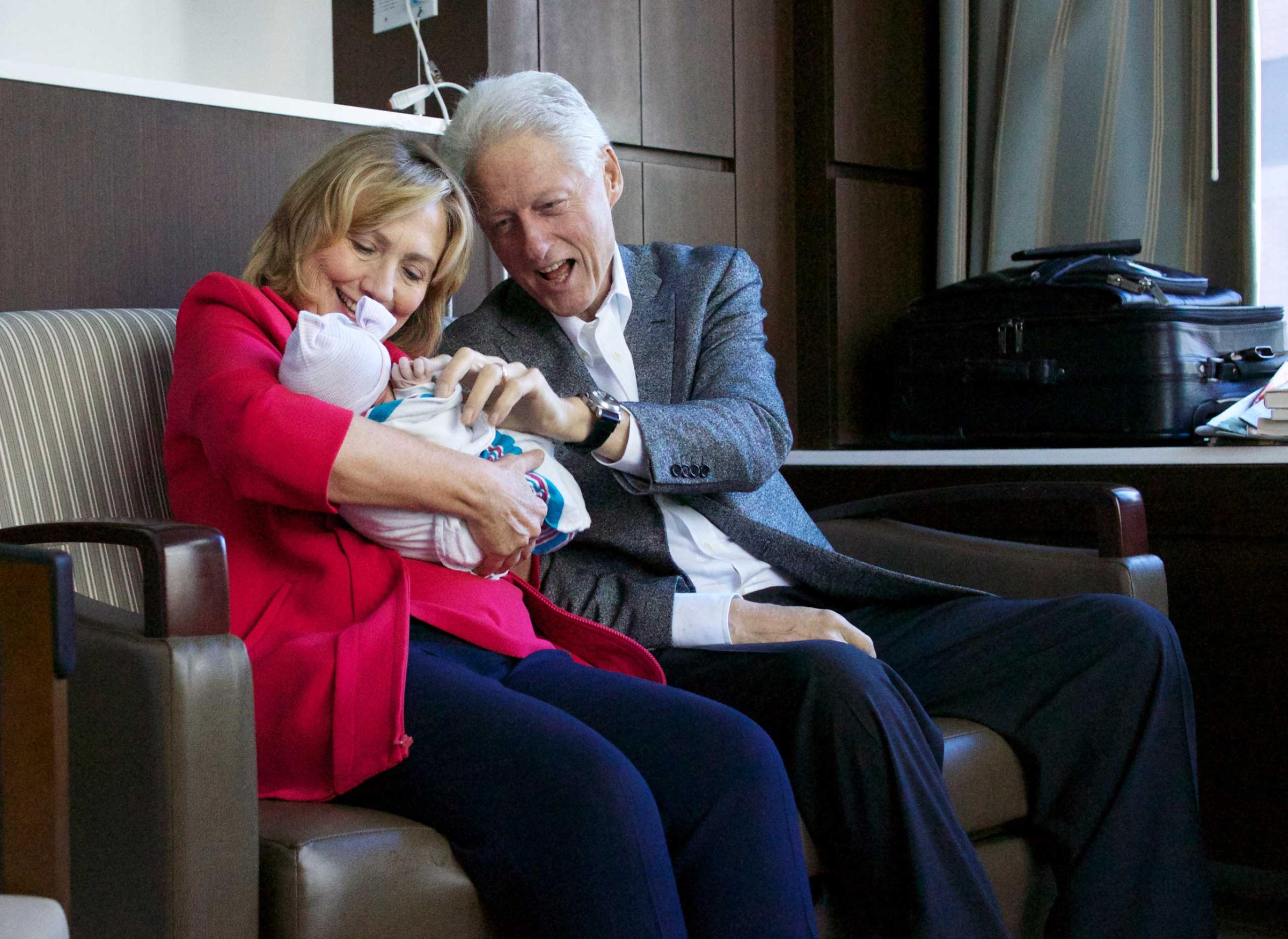

More Must-Reads from TIME
- Donald Trump Is TIME's 2024 Person of the Year
- Why We Chose Trump as Person of the Year
- Is Intermittent Fasting Good or Bad for You?
- The 100 Must-Read Books of 2024
- The 20 Best Christmas TV Episodes
- Column: If Optimism Feels Ridiculous Now, Try Hope
- The Future of Climate Action Is Trade Policy
- Merle Bombardieri Is Helping People Make the Baby Decision
Write to Alex Altman at alex_altman@timemagazine.com